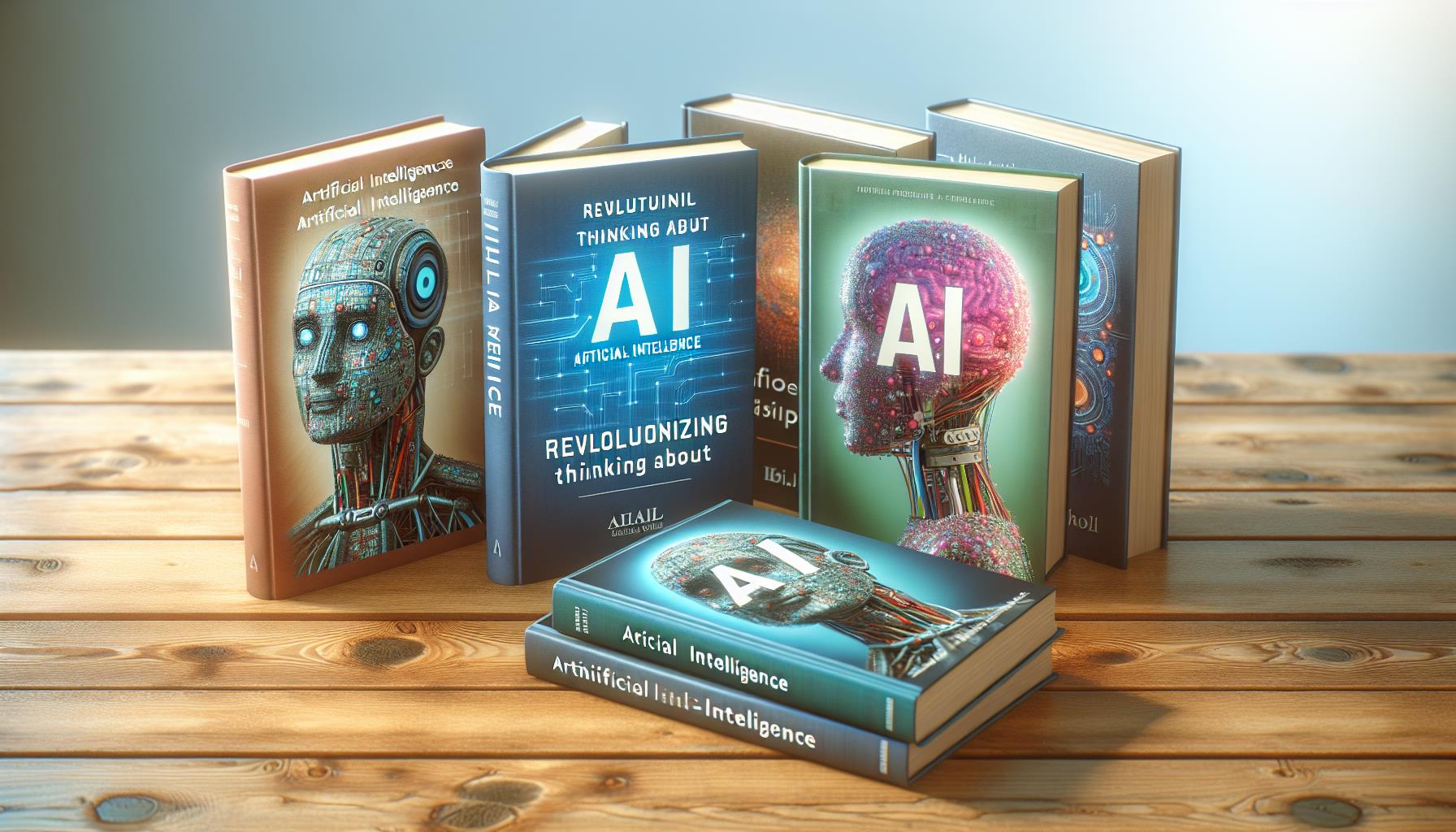Making Sense of AI: A Curated Selection
With the explosion of interest in artificial intelligence (AI), the number of books on the subject can feel overwhelming. To help readers navigate this growing body of literature, the editorial team at t3n – digital pioneers – has spotlighted five standout works that provide fascinating insights into the world of AI. These recommendations explore everything from the history and ethics of AI to its real-world applications and societal implications.
One intriguing pick is “Maniac” by Benjamín Labatut. This book takes a unique approach by blending fact with fiction, presenting a fictionalized biography to examine the intersection of mathematical logic, scientific discovery, and military research. By doing so, Labatut sheds light on how human curiosity and ambition drive technological breakthroughs that can shape, or destabilize, the world. Another must-read is “Atlas of AI” by Kate Crawford, which delves into the material and environmental costs of the AI industry. Crawford challenges the notion of AI as a purely virtual technology, revealing its significant physical footprint and the ethical dilemmas it raises.
Digital Solutions for Education: AI to the Rescue?
As Germany grapples with an acute shortage of teachers, AI is being proposed as a potential lifeline for the education system. According to netzpolitik.org, the Rhineland-Palatinate state education authority is investing millions annually in AI-powered platforms like fobizz. While these systems promise to assist educators by automating tasks such as grading and administrative duties, their effectiveness is still under scrutiny.
Critics argue that reliance on AI tools can lead to inconsistent evaluations and raises concerns about data privacy, particularly when working with large corporations like OpenAI. While some see AI as a possible solution to the teacher shortage, others warn against overly depending on technology that might introduce new challenges to an already strained system.
Investing in AI: Opportunities and Skepticism
The rapid advancements in AI are creating opportunities for businesses across the globe. Finanznachrichten.de highlights the growing interest in companies like Verses AI, which are leading the way in cognitive computing and smart city initiatives. These innovations promise to make industries smarter, faster, and more efficient, showing significant potential for financial returns.
However, not all investors are quick to embrace the AI boom. Initial skepticism persists, particularly among conservative investors wary of over-hyped technologies. Despite this caution, the market trend suggests a steady rise in demand for AI-driven solutions, a development that could redefine the business landscape in the years to come.
Google’s Gemini 2.0: A Leap in Multimodal AI
Google’s latest advancement in AI, Gemini 2.0, is creating waves in the tech community. Praxistipps.chip.de describes it as a game-changer in multimodal AI systems capable of processing text, images, and audio simultaneously. This breakthrough opens up endless possibilities, from enhancing customer service experiences to revolutionizing medical diagnostics.
With its ability to understand and synthesize information from diverse inputs, Gemini 2.0 represents a significant step toward more autonomous and intelligent systems. While its applications are promising, they also raise questions about the ethical implications of reducing human involvement in critical decision-making processes.
AI in Public Transport Maintenance: Hamburg’s Innovation
AI is also making strides in infrastructure maintenance, as ndr.de reports on Hamburg’s elevated railway system. The city plans to replace traditional maintenance cycles with AI-powered systems to monitor escalators and elevators. This innovative approach aims to predict malfunctions before they occur, ensuring greater reliability and accessibility for commuters.
By focusing on preventative maintenance, Hamburg hopes to reduce long-term outages and associated costs. If successful, this strategy could set a precedent for other cities looking to modernize their public transport systems while improving service quality for residents.
Summary
- “Maniac” and “Atlas of AI” are standout books that examine the philosophical and societal dimensions of AI.
- AI is being explored as a solution to Germany’s teacher shortage, though controversies remain over its reliability and ethics.
- Investments in AI-driven businesses like Verses AI signal growing market confidence, despite initial skepticism.
- Google’s Gemini 2.0 pushes the boundaries of AI with groundbreaking multimodal capabilities.
- Hamburg’s use of AI in public transport maintenance showcases how AI can improve infrastructure reliability.
These developments highlight AI’s transformative potential while emphasizing the need for ethical considerations and responsible implementation.
